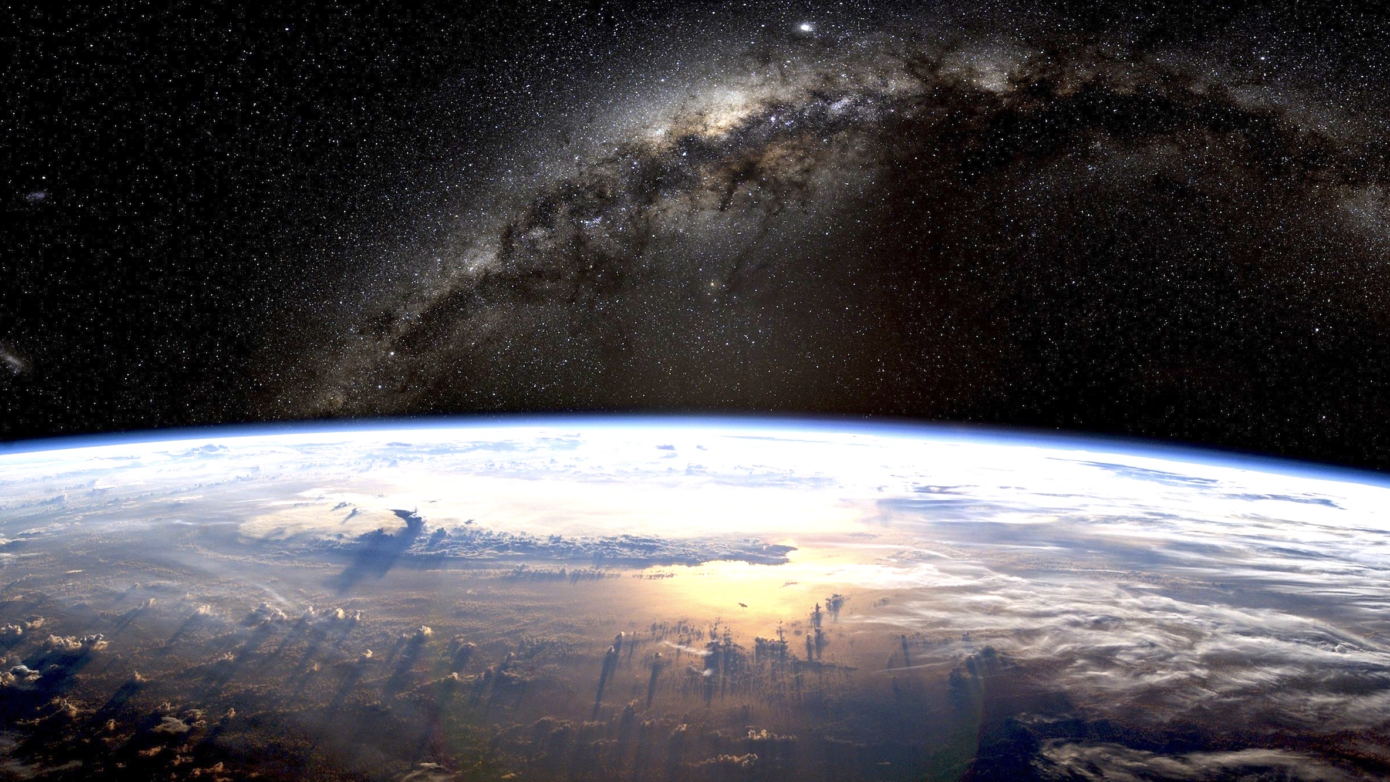Wars have been fought, countries have been conquered and dreams have been shattered over the beliefs in religion, dogma and the truth of our existence. Why are we here? What is our purpose on Earth or in this Universe?
The one thing all of our arguing and thousands-year long discussions and triumphs and failures has taught us is, we do not know what really lies beyond our own mortal lives.
Strange as it sounds, I’m not going to discuss religion, God, Buddha, Allah or anything of the sort. Not in this article. We all have our beliefs and the one truth to those beliefs is, it helps us to have something that guides us, even if that belief is to believe in nothing at all.
The very nature of humanity is that we need a purpose. Regardless of whether you’re the president of a country or a hermit living in the wilderness, without a purpose your life is meaningless. Even if that purpose is nothing more than coming up with food for tomorrow. I have talked with people who are deeply influential or wealthy people and I have talked to those who have lived in the slums of Mumbai, India. It’s amazing how alike the two classes are in terms of humanity. Both seek love, compassion and a better life for themselves and their families. Reality is… it is all relative. Our lives are so interconnected and related that we simply cannot perceive it.
Let’s look at two perspectives. One is how we look at life and the other is what remains after we have gone.
The Eye of the Beholder
I spoke with a woman in London once. She was on a once in a lifetime trip to visit her sister who had moved there from Mumbai, India. The woman, Nilima was worn and weathered, wearing sixty years of age upon her thirty-year body. She told me that she lived in a cinder block room with tin roofs. They had a rug to sleep on with two old pillows. She and her three children and her husband all slept in this single room no bigger ten feet wide. Living on dirt floors and in an area where the water alone can kill you, she says that she is happy. She is happy because she has a purpose. To create the best life she knows how for her children and to hopefully lead them to move out of the area that she now lives.
I have a client that I have done some computer work for. They live in a home that overlooks the ocean on the North Shore of Boston. Their sprawling ten thousand square foot home is, by all means, a beautiful home to die for. However, speaking with the woman who lives there she finds that she often has a difficult time. Her children moved to California and her grandchildren are all there. It leaves her often ‘without purpose’. She wants to be a good grandmother and finds it difficult not being close to them to serve that purpose. All her life she was a stay at home mother, not needing to work because of her husband’s lucrative income. So, now she looks for things to keep her occupied, bridge games, golf games or other activities with other ladies of similar lifestyles but finds them unfulfilling when the family is all she wants.
To be Remembered
My son asked me the other day, “Daddy, why do they put stones on people’s graves with their names?” – My instant response to which was “So we know where to find their bodies if we want to visit their graves.”
He thought about this and finally said “Why would we want to do that? They aren’t doing anything anymore. They lived their life.” It was at this point that the simplicity of a child’s thought came through to me as well. The only point of a grave or of a memorial is for the living. It serves no purpose for the dead.
Finally I said to him, “The truth is, I think those of us left, do not want to be forgotten. Perhaps, remembering those that have died, gives meaning to the life we live. That it makes sure we are not forgotten. Whether it’s a stone with our name on it, painting with our name on it or children that we have left behind. Does that make sense?”
“Yes. I think so. Is that why you write? So that you leave something behind?” he asked
I said, “Partly. I want at least a little bit of who I am to hopefully teach others of my own mistakes and also entertain them long after I’m gone.”
This whole discussion led me to think about our mortality. It is important, at least for some of us, that all of this – our existence be worth something.
We are born, we live a life, we touch people and eventually we pass on. Sometimes all too soon. The question is, what do we leave behind? For Nilima, she leaves behind three children who know her well and have seen how everything she does is for their own good. For my client, she leaves behind children who care about her but grandchildren that may never know their grandmother.
“The tragedy of life is not death, but what we let die inside of us while we live.” ~ Norman Cousins
When we die, all that we have left is the memories of us in the living. Be it mental, photographic, video or something we have created that we left behind. Personally, I want to be remembered, not in name – but in that this life I have lived served a purpose.
So, my ultimate question is; Is it what we do in this life from start to finish that truly explains what our existence is about? Or is there a reality that is just out of phase with this one where we continue?


